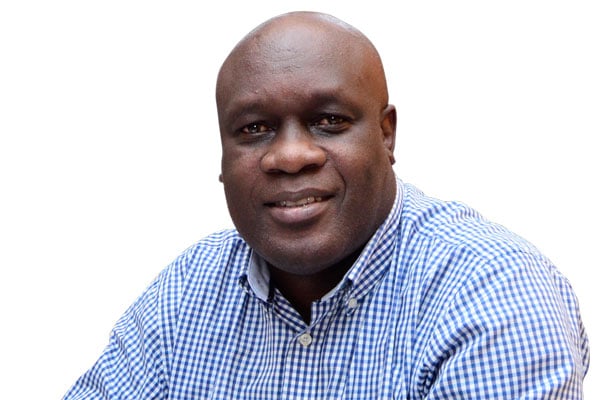Prime
Can podcast journalism help Uganda FM radios?

Author: Odoobo C. Bichachi is the Nation Media Group (NMG)-Uganda public editor. PHOTO/FILE.
What you need to know:
- ...if you are a broadcast journalism graduate and cannot find placement with a television station, or cannot fit in the pervasive “sex radio”, you have an opportunity to try podcast journalism
If you have listened to Uganda’s private FM radio stations, you may have noticed that there is hardly any journalism, save for hourly news bulletins gleaned from daily newspapers, and evening talk-shows (not the sponsored ones!) that occasionally focus on issues of the day or week and feature news makers, analysts (aka talking heads) and authorities.
For the rest of the day, it is basically entertainment in terms of music, sex and relationship talk peppered with lewd jokes by the presenters. This is not just a Ugandan problem; it is the posho-and-beans of liberalised FM airwaves on the continent.
So is there still a place for audio journalism on Uganda’s radio scene? Yes there is, not in the old Radio Uganda format of “this farming world” or the deep BBC talk radio, but mainly as podcasts. A podcast is a “digital audio file made available on the internet for downloading to a computer or mobile device, typically available as a series, new installments of which can be received by subscribers automatically.” It can also be broadcast on radios by agreement.
So if you are a broadcast journalism graduate and cannot find placement with a television station, or cannot fit in the pervasive “sex radio”, you have an opportunity to try podcast journalism and sell your podcasts to radio stations or get relevant NGOs or government agencies to sponsor their airing and pick your production costs.
The podcasts should be interesting, relevant and crisp! BBC broadcasts a lot of them done by independent podcasters.
Our FM radio’s today thrive on sex talk mostly because it is the cheapest thing to produce. If they are availed with quality podcasts, many would be glad to take an hour’s break from discussing sex, love and relationships. Some listeners would return.
How, then, can one get there? Where is the money to produce podcasts? How does one hone the skills?
Alibi Investigations is a new organisation setting out to train and help African journalists to produce podcasts. It is mentoring 130 reporters around Africa and developing podcast shows on Nigeria, Mozambique, Zambia and South Sudan. You may read more about it on Reuters Institute website.
Readers have their say
Monitor flogging ‘dead’ horse? Apollo Wangalwa: I feel the editorial policy of Daily Monitor has to change while remaining relevant to its competitive strategy. Merely and overtly criticizing the government and the failure of its policies will make it [Monitor] competitively relevant, but will not bring the change the Monitor is looking for. Ugandans are docile because they have been traumatised over the years of insecurity, political instability and economic malaise running from Obote I in the 1960s, Amin in 1970s, Obote II in 1980s and Museveni since 1986! Is it really surprising that Butabika Mental Hospital is flooded? That people are attacking you for your journalism (see “When wananchi think journalism is a crimes,” Daily Monitor January 27) should be read as a signal that you have been flogging a certain horse too long agitating it to run faster yet it cannot and it is now turning onto you because it just can’t run faster!
How old is couple in Shs10m marriage refund?
Oscar Okech Kanyangareng: Refer to your story, “Court orders woman to payShs10m for breach of marriage promise” (Daily Monitor, January 27). The core of the story is that the woman refused to marry the man because he was older than her. If that is the reason to fine her Shs10m, then we the readers are keen to know what the age gap was. Naturally, a husband is often older than the wife. So, how old was the husband? What is the age gap? The story is quiet about all this and goes rambling about many other non-essential issues.
Crime story or sports story?
John Kavuma: Am not sure this story is in good taste. See: “Ugandan youth councillor stabbed to death in brawl over Arsenal loss to Man City”, (Daily Monitor, January 31). The reporter should have stopped at reporting the tragic incident rather than following it up with an update of the match that almost takes up half of the entire story page. This is sending mixed signals and not being sensitive to the victims of this tragic event.
Kudos on NSSF story! John Kavuma: If I had a way and means, I would personally reward all the writers of this article, “Governance gaps leave NSSF money at mercy of vultures” (Daily Monitor, January 23). Well researched and well reported!



